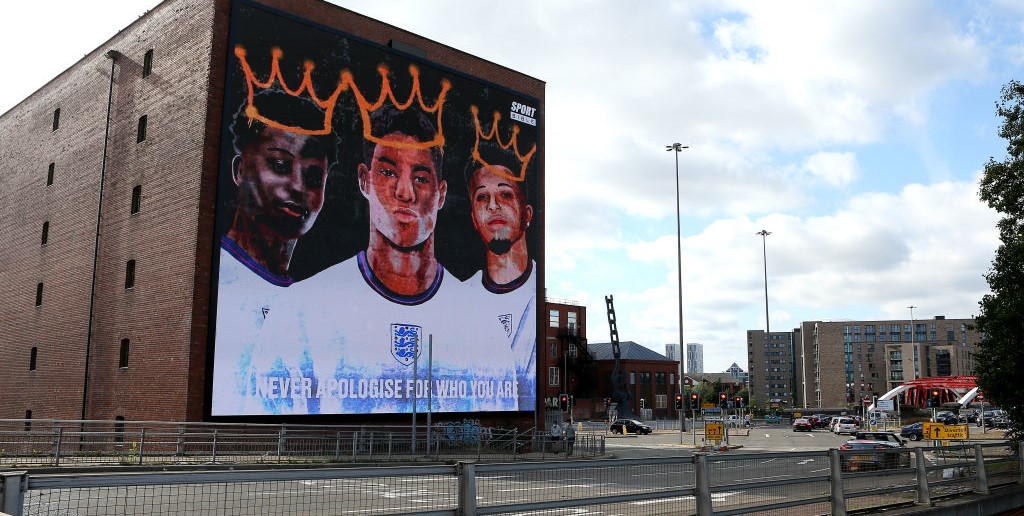Bigger than football
This week we look at the work of Show Racism the Red Card (SRtRC) together with Unite in fighting racism. Today we continue with some footballers’ own stories
If football is a microcosm of society, then racism in the beautiful game reflects attitudes at large. This is true for many of the footballers that support the Show Racism the Red Card campaign – some of who experienced prejudice before they even joined a club.
This was the case for former player and assistant Manchester United manager Ryan Giggs, who was teased at school for having a black father.
“It’s something that I had when I was younger and something that obviously isn’t very nice. I kept it myself. I was quite a quiet, shy boy,” he said.
Blackpool player Emmerson Boyce, who captained Wigan Athletic to victory in the 2013 FA Cup Final, also came into contact with prejudice when he was out shopping with his brother.
“Every time we looked at a jacket a person would come up to us and say that costs such and such, as if to say â€what are you doing here? You can’t afford it’,” he explained.
Although prevalent in wider society, it is football games that often hold the most potential to bring together those who are intent on expressing hatefulness en-masse.
The recent case of a group of Chelsea fans preventing a black man from entering the Paris Metro while chanting ‘we’re racist and that’s the way we like it’ is an example.
However it’s not just British bad apples; the problem is international. Black players still receive abuse at Russian games. France has seen its fair share of racists too, as former French international Louis Saha recalls.
“It happened once when I was with my father – we were going to the Paris St Germain stadium and we made a mistake because we went to a bad cafĂ©, full of skinheads, so it was not very safe,” Louis said.
Changing attitudes
Former Sunderland captain Gary Bennett has been doing his best to change attitudes like this for years. Gary was one of the first players to embrace Show Racism the Red Card, and now works for the campaign. Gary, who joined the club in 1984 and was one of Sunderland’s first black players, experienced racism both on and off the pitch.
“It was a rarity to the club and the supporters. During the late 70s and 80s black players were only just starting to come into the game. It should have been great. But with all the â€monkey’ chants and the abusive and racist language, it wasn’t,” he said.
Sunderland has been Gary’s home for 31 years. It’s where he decided to live his life. Why would he choose to stay in an area where he faced so much unpleasantness? His understanding lies at the heart of what Show Racism the Red Card is all about.
“You have to remember that the North East in general at that time was 90 per cent white. There were whole areas that didn’t have any ethnic diversity at all. I’m not saying that everybody engaging in that behaviour held deeply racist convictions.
“It was just something they were unaware of. So when we went into the schools it was about saying ‘it’s fine to notice people that seem different, and of course you can ask questions, but racism is wrong.’
“It’s the same thing now. You start by getting people to ask questions.”
Gary’s efforts, as well as everyone else’s who have supported and contributed to the campaign, have helped bring in a huge change in perspective over racism at football matches and on the street. But there is still work to be done.
“The colour of someone’s skin is just one aspect. What about prejudices against religions, nationalities and cultures?” asks Gary.
“This is bigger than football. We have to educate people, so we can eradicate it out of society.”
Tomorrow we hear from two Unite members who have fought back against racism at work
 Like
Like Follow
Follow


